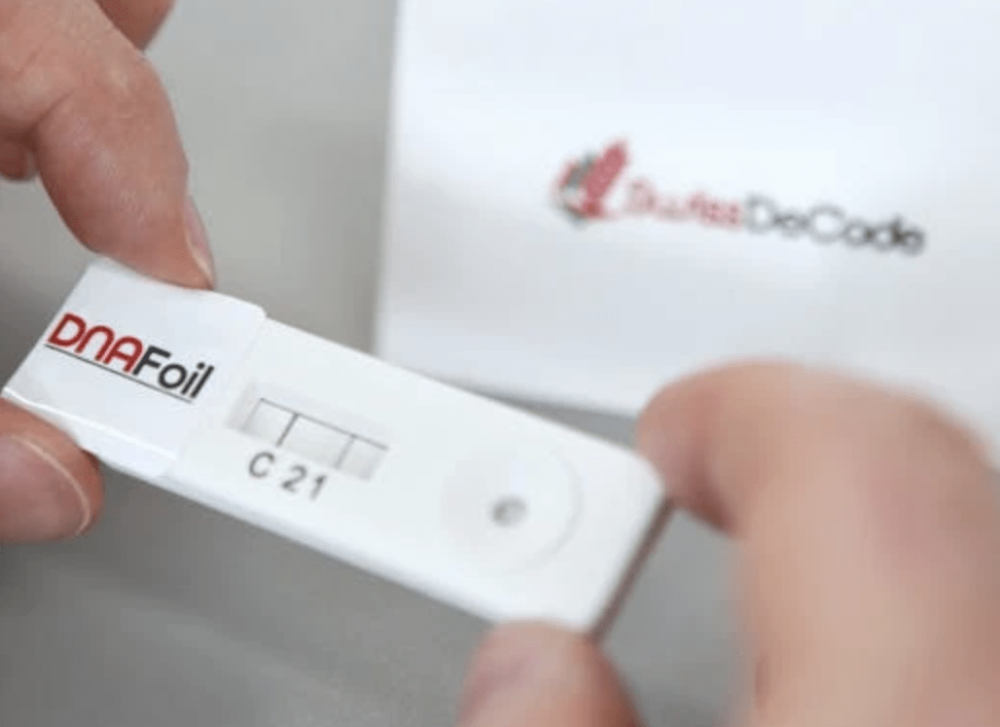Biotech startup SwissDeCode, which is building food safety testing tech, has raised 3.7 million Swiss francs ($4.18 million) from Singapore’s VisVires New Protein and EIT Food, a unit of the EU’s European Institute of Innovation and Technology based in Leuven, Belgium.
The Swiss startup — which secured a €2.5 million ($3.04 million) grant from the European Innovation Council last year — said it will use this latest funding to accelerate the development of its “rapid on-site food testing and certification platform,” BEAMitup.
Co-founder and CEO Brij Sahi told AFN that SwissDeCode will dedicate the proceeds to building out BEAMitup’s hardware and software, completing a proof of concept, and exploring “industrialization” options with its customers. Some of the funding will also be used to identify new partners and revenue streams, he said.
Since launching in 2016, the Lausanne-based startup has focused on developing rapid, on-site testing solutions aimed at detecting food contamination, adulteration, and fraud throughout the agrifood supply chain.
BEAMitup, its latest offering, is a “fully automated” system that will perform the same safety and quality tests — including those required for ISO certifications — as food labs “directly at the point of need.”
It can be operated by enterprise clients themselves without the need for specialist expertise or equipment and can provide ISO certified test results in as little as 30 minutes, SwissDeCode claims.
The startup says its platform is able to detect adulterated food, allergens, and viruses – including the one that causes Covid-19.
“Our USP is a certified test result, equivalent to a laboratory, but in a fraction of the time. The user experience is as simple as making an espresso coffee,” Sahi said.
While food-testing laboratories can offer a reliable service, the time taken to dispatch, test, and analyze samples means that results can take as much as seven days or more to make it back to the client, he said.
“A real time solution is needed to allow suppliers to make almost immediate decisions on the quality or authenticity of their food. In addition, this test data can feed into blockchain platforms, accessible to applications that offer information to increase consumer trust.”
Sahi hit upon the idea for a quicker alternative to laboratory testing after the 2013 European horsemeat scandal, when the continent’s beef supply chain was intentionally compromised with horsemeat.
“DNA tests results [for potentially compromised beef products] were taking days, and it became obvious that a rapid onsite DNA test was needed. Our portfolio now includes multiple DNA tests,” he said.
“Some of these laboratories are also developing miniaturized test equipment that can be used on-site. However, the complexity of sample preparation, the requirement of a cold chain, and the need for a scientist or lab technician to perform the test, means that our solution is positioned well against the developing competition. Other portable tests based on antibodies are not as efficient, flexible, or reliable as DNA testing due to the inherent constraints of the technology.”
Brij described the businesss model for BEAMitup as “similar to installing a photocopier and paying per photocopy.”
SwissDeCode will set up the system at an enterprise customer’s premises, provide the capsules required to carry out DNA tests, and then charge the customer per certificate for each test result.
The startup is also exploring channel partners within specific business segments to help it grow both domestically and internationally. It has already collaborated with two of the world’s largest food companies and has signed distribution agreements in countries “with large potential,” it claims.
“With slow testing — or even the lack of testing — being the norm today, it is not surprising that the global food industry spends an estimated $40 billion a year in product recalls,” VisVires New Protein co-managing partner Kenneth Lee said in a statement.
“SwissDeCode’s solution is timely in the face of increasing consumer and regulatory pressure on companies to improve their monitoring processes. We are confident that SwissDeCode has the potential to become the leader in rapid, on-site testing with certification.”
Comment? News tip? Story idea? Email me at [email protected] or find me on LinkedIn and Twitter





